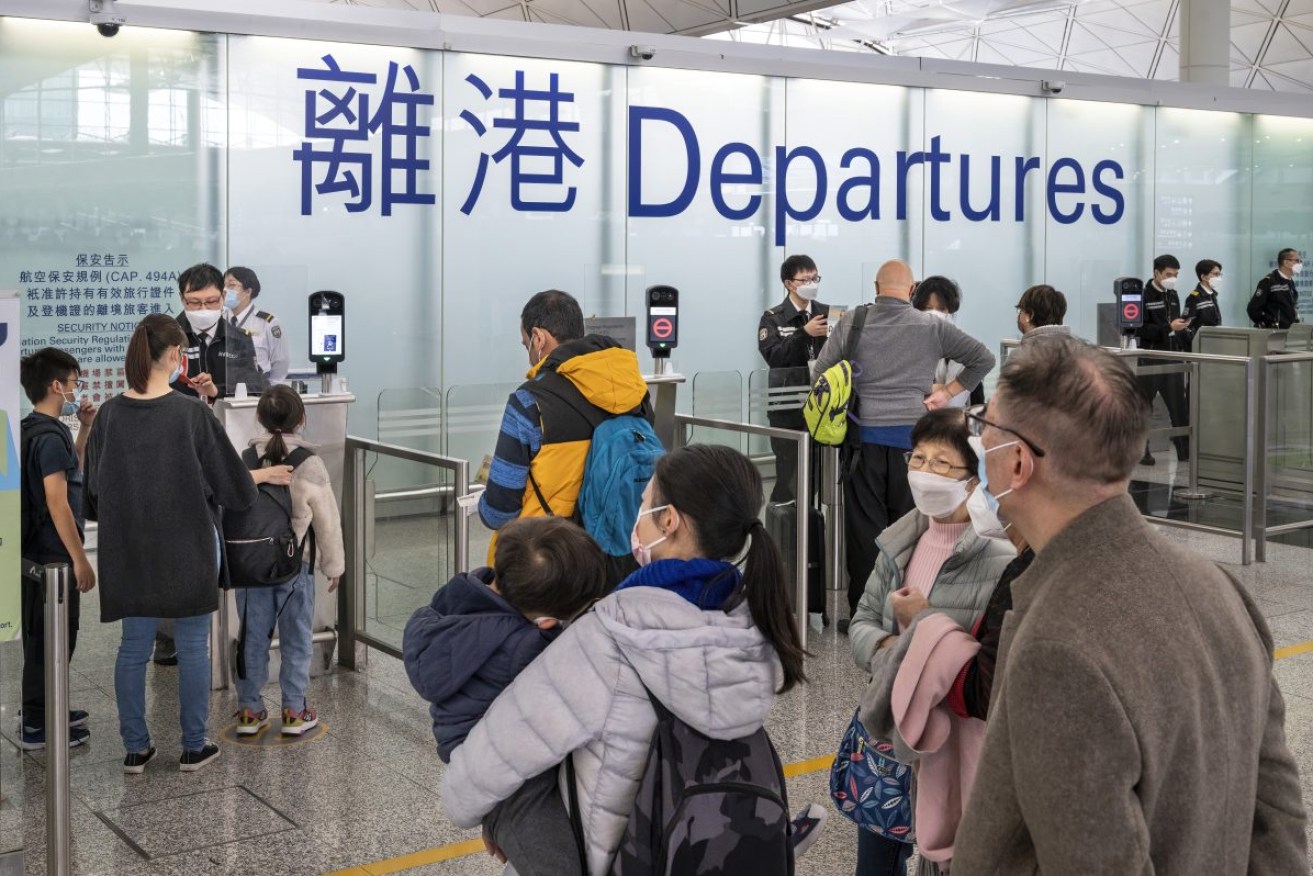‘Unacceptable’: China criticises foreign entry COVID tests
China has threatened retaliatory action for nations including Australia imposing COVID testing requirements for China arrivals, despite itself requiring arrivals to deliver a negative test before entry.

Photo: Miguel Candela/ SOPA Images/Sipa USA
From tomorrow, travellers arriving in Australia from China will need to return a negative COVID test within 48 hours of departure, despite Australia’s chief medical officer recommending against the new measure.
China criticised the measures, threatening to retaliate with reciprocal measures.
But details of the measures remain unclear, with China already requiring a negative test to enter.
“We believe that the entry restrictions adopted by some countries targeting China lack scientific basis, and some excessive practices are even more unacceptable,” Foreign Ministry spokesperson Mao Ning said at a daily briefing in Beijing on Tuesday.
“We are firmly opposed to attempts to manipulate the COVID measures for political purposes and will take countermeasures based on the principle of reciprocity,” she said.
Treasurer Jim Chalmers says he’s not particularly concerned about the threat.
“Not especially,” he said, when asked if the threat of retaliation worried him.
“Countries will make their own decisions about travel arrangements and how they manage COVID more broadly.”
Dr Chalmers added that the requirement to have a medical practitioner supervise a rapid antigen test wasn’t an onerous one for travellers … despite China’s hospital system facing immense strain.
The treasurer also maintained the measures were not discriminatory despite no new COVID-19 variants being discovered in China, saying the decision was cautionary with Beijing not being forthcoming with data.
“It’s about a part of the world where we’ve got concerns about transparency … and where there is quite an extraordinarily large wave of COVID,” he said.
“We do need to make sure that we’ve got the best possible surveillance of strains as they emerge but also waves as they emerge and become more difficult to manage.
“That’s really one of the key considerations here as we put these responsible restrictions in place.”
China is fighting a nationwide outbreak of the coronavirus after abruptly easing restrictions that were in place for much of the pandemic.
There are concerns in the international community about a lack of data on the spread and pace of infections in China and fears that new variants may emerge.
Australian Medical Association President Steve Robson says a genuine strategy rather than a “series of political responses” is needed to keep Australians safe.
“We want to see a comprehensive strategy that’s informed by public health practice, to just say, ‘what needs to be done to protect Australians at this vulnerable time?’” he said.
Acknowledging Australians were going into their fourth year of COVID, Professor Robson said while he understood the fatigue people were feeling, more people would die unless fundamental principles were adopted.
“We’ve just literally come out of the most lethal year of the pandemic by a long shot … We want to see a strategy that’s evidence-based, nimble … and based on good public health principles,” he said.
“We haven’t really heard anything from the government except a plan that really seems cobbled together… it’s time for this cobbling to stop and coherence to start.”
The global community is also awaiting the outcome of a closed meeting between the World Health Organisation and Chinese scientists who are expected to present data on which variants are circulating in China.
-with AAP




